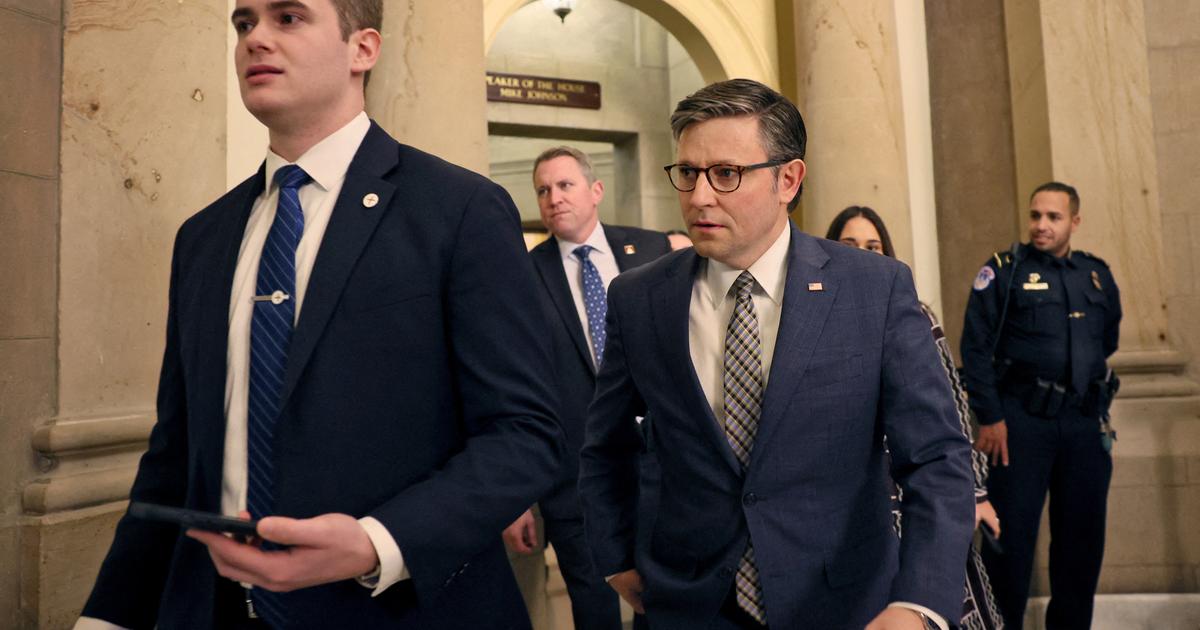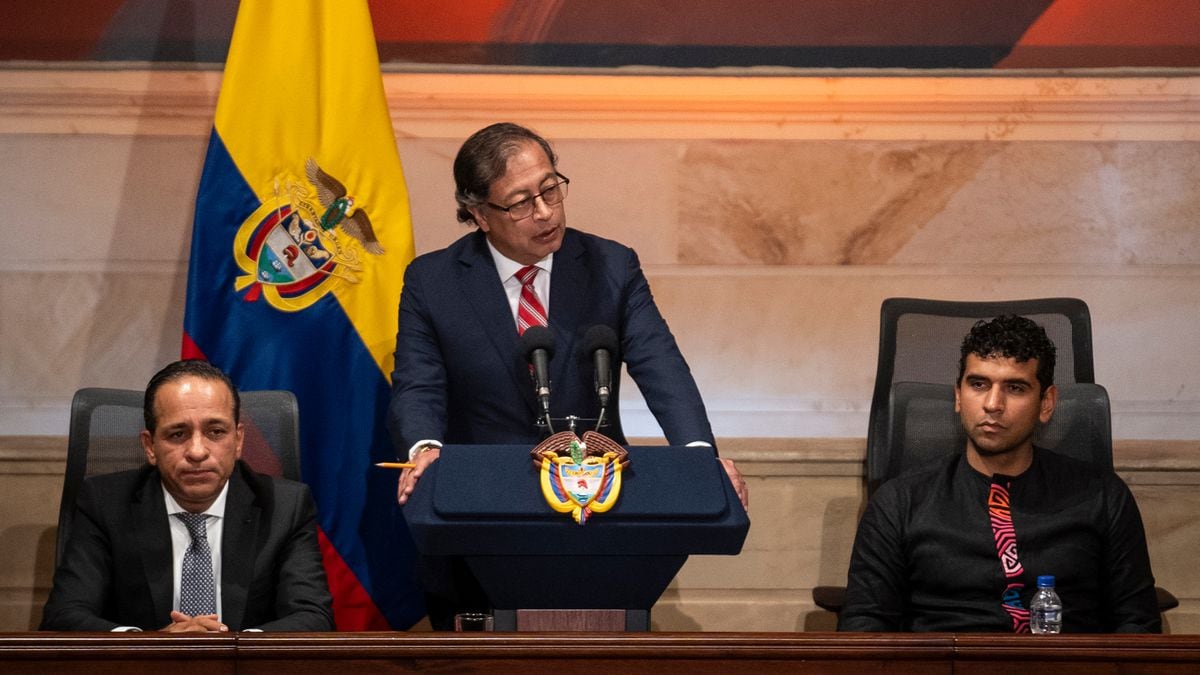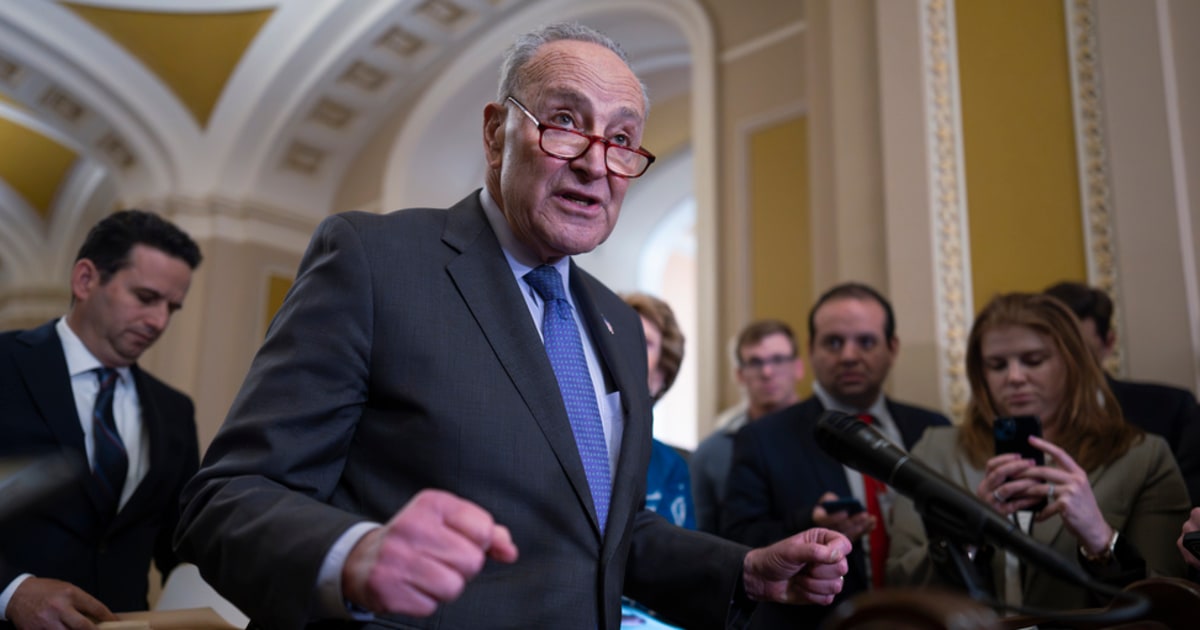Protesters in front of the Senate to ask that the electoral reform be approved. LEAH MILLIS (REUTERS)
Desperately, with the growing criticism from civil rights groups and the recalcitrant obstruction of two members within the party itself, the Democratic senators in the United States Congress begin the now eternal debate on electoral reform, which they know is mortally wounded .
This will be the fifth time that the Senate has tried to approve regulations related to the right to vote during this Congress, which began almost a year ago with the arrival of Joe Biden in the White House.
The efforts of the majority leader in the Upper House, Chuck Schumer, matter little when it comes to juggling to circumvent the iron filibusterism that imposes a three-fifths qualified majority to approve a law. They matter little because whether it is Schumer, the descendants of Martin Luther King or the president of the nation himself who calls to protect democracy and shield it with an electoral law that does not exclude minorities, there are two members within the Democratic Party who pulverize any attempt approach to simple majority voting.
Kyrsten Sinema and Joe Manchin are the guarantee of failure of the electoral reform.
Those are two key defections that hurt more than even the staunch Republican opposition, where not even one of its 50 senators has moved a muscle to defend a single statute.
The foregoing is undoubtedly a logical consequence of the fact that in 2021, 19 states with a Republican majority approved 34 laws that restrict suffrage.
For Martin Luther King III, son of the civil rights leader of the same name, Sinema and Manchin represent those white moderates that his father preached about in his sermons in the 1950s and 1960s, who defined themselves in favor of blacks had guarantees to vote, but then were unable to take action to claim them.
"History will not treat them kindly," the descendant of the pastor killed in Memphis in 1968 said of Sinema and Manchin.
However, Sinema celebrated through her Twitter account the commemoration of Martin Luther King Day, celebrated in the United States this past Monday.
"Today we remember the life and legacy of Dr. Martin Luther King," he said.
Strictly speaking, the senator from Arizona has nothing to object to the voting law.
What Sinema is opposed to is ignoring, changing or haggling over the parliamentary tactic of filibustering.
Sinema wants the laws to be approved by 60 votes.
Today we remember the life and legacy of Dr. Martin Luther King, Jr. #MLKDay
— Kyrsten Sinema (@SenatorSinema) January 17, 2022
Both she and Manchin want at least 10 Republican senators to join the bill and embrace bipartisanship. They also warn that if the qualified majority is now overwhelmed, nothing would prevent the Republicans from doing the same when they have power, something that could happen next November in the mid-term elections. Biden himself, who spent 36 years in the Senate, has been a strong advocate of filibustering. Up to now. The president declared in a major speech last week in Atlanta that this is a defining moment, calling the vote a milestone for an American democracy in crisis.
The controversial bill would expand access to the vote in a country that, after Donald Trump's passage through the White House, has seen minority rights regress.
The reform would restore key provisions of the Voting Rights Act of 1965, legislation made possible by the mobilization of Luther King and then-President Lyndon Johnson in 1965. The House of Representatives passed the bill last week with only the Democratic endorsement, and now faces the big -- and near-impossible -- challenge to pass it in the Senate.
It is assumed that on Wednesday or Thursday Republicans will block the approval of the legislation, arguing that the regulation responds to partisan interests of control over the elections.
Subscribe here to the EL PAÍS América
newsletter
and receive all the key information on current affairs in the region

/cloudfront-eu-central-1.images.arcpublishing.com/prisa/PSMYD5YQUDJHB2QTWI3N2NH7PE.jpg)












